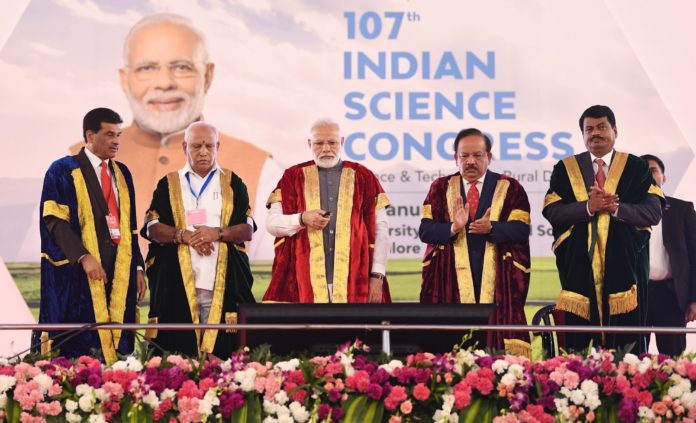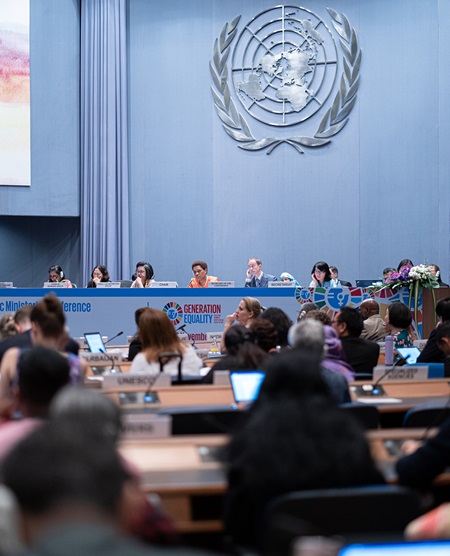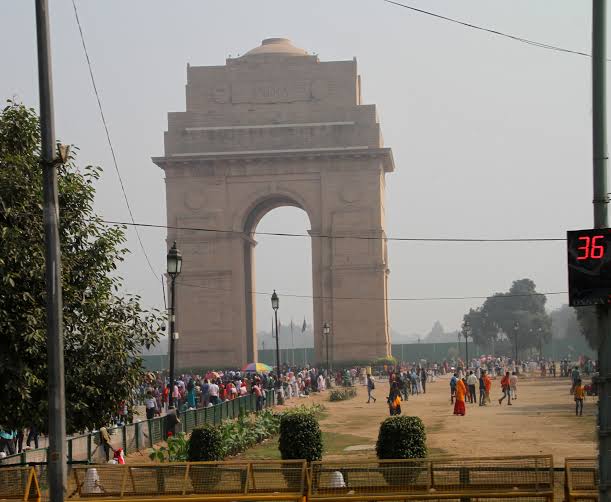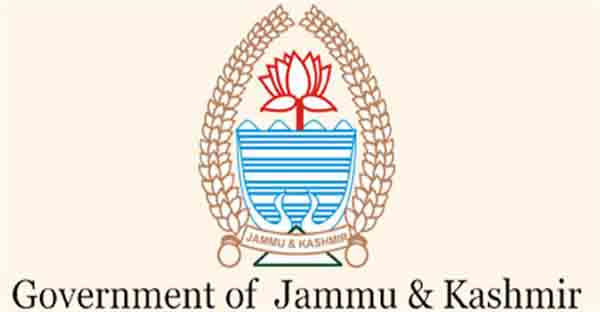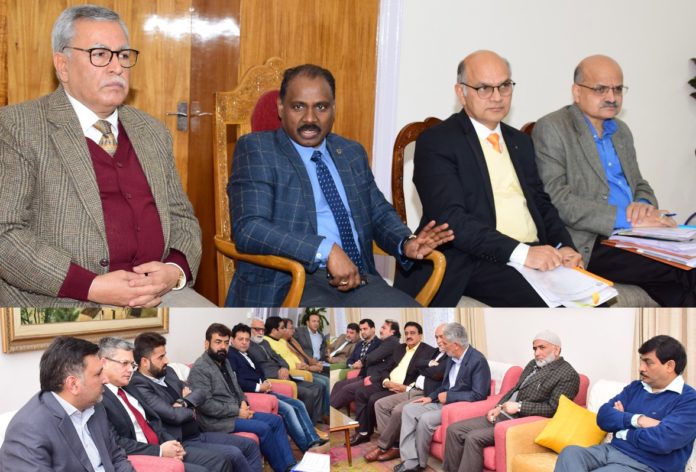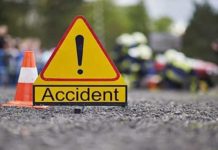Bengaluru (NVI): Prime Minister Narendra Modi today pitched for revolutionising the landscape of Indian science technology and innovation, saying the growth story of India depends on its achievements in this sector.
He emphasized that science and technology has a major role in contributing towards making India a $5 trillion economy.
Inaugurating the 107th Indian Science Congress (ISC) here, he said the motto of ‘Innovate, Patent, Produce and Prosper’ for the young scientists will lead India towards a faster development.
“Innovation for the people and by the people is the direction of our ‘New India’.. ‘New India’ needs technology and also a logical temperament, so that we can give a new direction to our social and economic sectors,” the Prime Minister said.
“Science and technology provides a level playing field in making opportunities accessible to all and that it also plays a unifying role in the society,” he added.
“Now the developments in information and communication technology are able to provide cheaper smart phones & cheaper data and that has made it accessible to everyone in the country, where it was seen as a privilege of the few earlier,” he said.
“This made the common man now believe that he is not distantly separated from the government. Now he can directly connect with the government and make his voice heard,” he added.
Prime Minister exhorted the young scientists to work in the field of rural development where there are several opportunities for cheaper and better innovations.
Referring to the theme of 107th ISC – “Science and Technology: Rural Development”, the Prime Minister said that it is only due to Science & Technology, that Government Programmes have reached the needy.
He highlighted that India now stands at 3rd position globally, in the number of Peer-reviewed Science and Engineering Publications.
“I have been told that India has climbed to third position globally in the number of peer reviewed science and engineering publications. It is also growing at a rate of about 10% as compared to global average of 4%,” the Prime Minister said.
He also mentioned about Improvement in India’s ranking at Innovation Index to 52. He highlighted that Government programmes have created more incubators in the last 5 years than in previous 50 years.
“Technology is being harnessed at a large scale to achieve the objective of Good Governance,” he said.
He also added that owing to the technology of Geo Tagging and Data Science, many of the projects in rural and urban areas could be completed in a timely manner.
“We are continuing our efforts to ensure the ‘Ease of doing Science’ and effectively using information technology to reduce red tape,” he said.
He emphasized that Digitalisation, E Commerce, Internet Banking and Mobile Banking services are assisting rural population significantly.
“Technology can be harnessed for several rural development initiatives, particularly in the area of cost effective Agriculture and Farm to Consumer supply chain network,” he said.
He also urged everyone to find technological solutions for – stalk burning, maintenance of Ground water tables, prevention of communicable diseases, environment friendly transportation etc.

